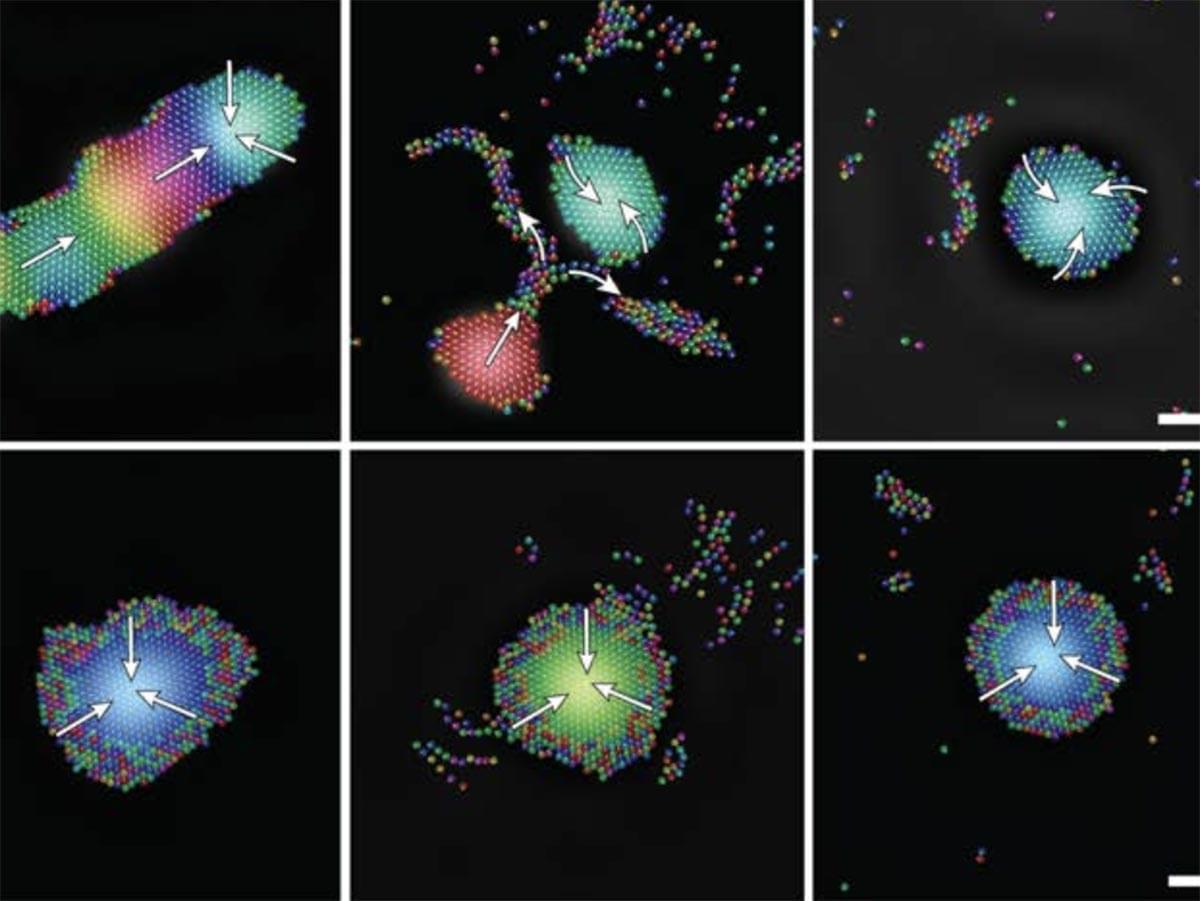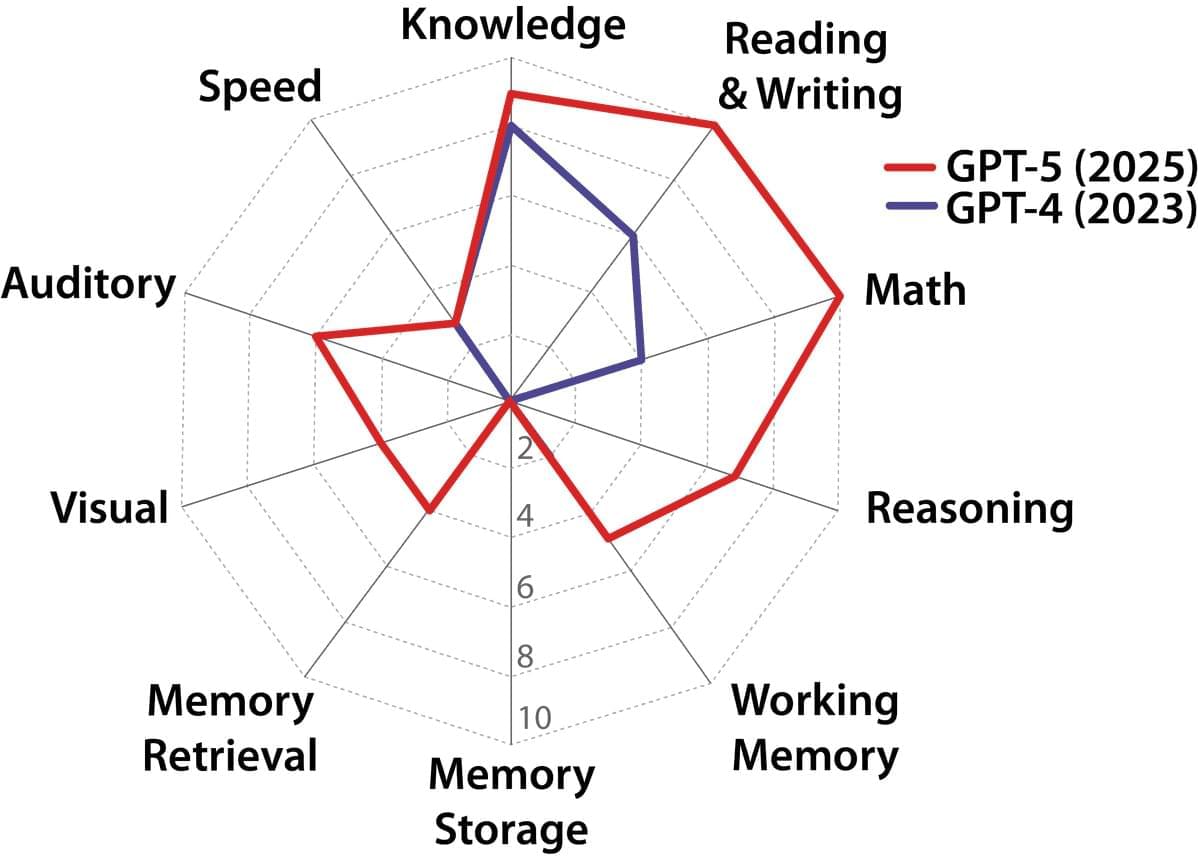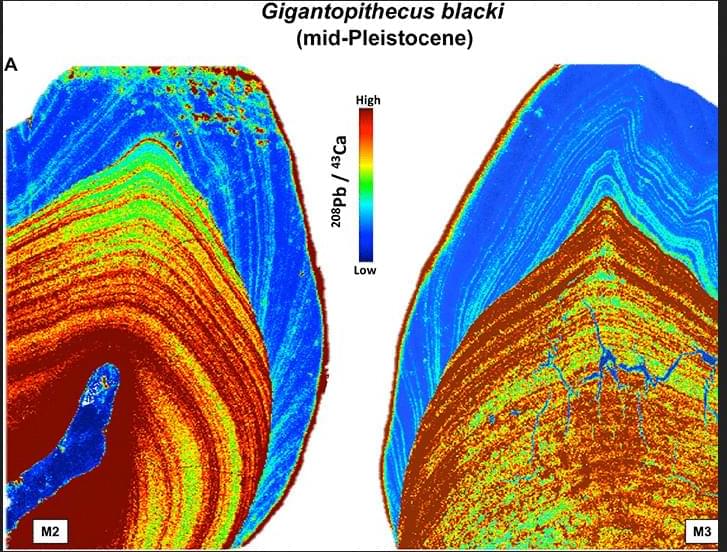Scientists designed microrobots that use sound to swarm, adapt, and heal themselves — working together like a living organism. The discovery could transform medicine, environmental cleanup, and robotics.
Nature’s Blueprint for Robot Swarms
Animals such as bats, whales, and insects have long relied on sound to communicate and find their way. Drawing inspiration from this, an international group of scientists has developed a model for tiny robots that use sound waves to move and work together in large, coordinated swarms that behave almost intelligently. According to team leader Igor Aronson, Huck Chair Professor of Biomedical Engineering, Chemistry, and Mathematics at Penn State, these robotic collectives could eventually take on challenging missions like exploring disaster areas, cleaning polluted environments, or performing medical procedures inside the human body.









